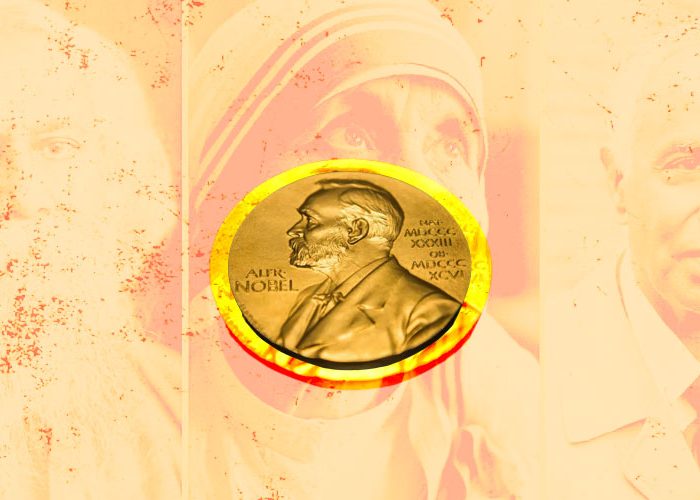
Unveiling India’s Nobel laureates and celebrating remarkable achievements and inspiring legacy
India, a nation rich in cultural heritage and home to a diverse population, has made remarkable contributions to various fields throughout history. From literature to science, peace to economics, Indian intellectuals have garnered worldwide recognition for their exceptional achievements. In this article, we embark on a journey to explore the profound accomplishments of Indian Nobel Prize winners.
These exceptional individuals have brought honor to themselves and played a significant role in shaping their respective fields. By examining their groundbreaking work and their impact on society, we gain a deeper understanding of the invaluable contributions made by Indian laureates to the world at large.
Rabindranath Tagore: A Poetic Maestro (Nobel Prize in Literature, 1913)
Rabindranath Tagore, the first Indian Nobel laureate, was awarded the Nobel Prize in Literature in 1913. Tagore, a polymath, and a prolific writer, mesmerized the world with his profound poetry, stories, and songs. He penned the iconic “Gitanjali” (Song Offerings), a collection of poems beautifully capturing his philosophical and spiritual musings. Tagore’s poetic brilliance and lyrical prose captivated the hearts of millions and served as a powerful voice for India’s struggle for independence.
C.V. Raman: Unveiling the Secrets of Light (Nobel Prize in Physics, 1930)
Sir Chandrasekhara Venkata Raman, widely known as C. V. Raman, was awarded the Nobel Prize in Physics in 1930 for his groundbreaking discovery of the Raman effect. Raman’s meticulous experiments in light scattering led to identifying the phenomenon, which demonstrated that when light traverses a transparent substance, a fraction of the scattered light changes in wavelength. His discovery revolutionized the field of spectroscopy and had significant implications in various scientific disciplines, including physics, chemistry, and biology.
Har Gobind Khorana: Decoding the Genetic Code (Nobel Prize in Physiology or Medicine, 1968)
Dr. Har Gobind Khorana, an Indian-American biochemist, shared the Nobel Prize in Physiology or Medicine in 1968 for his pioneering research in genetics. Khorana played a pivotal role in deciphering the genetic code and elucidating how the DNA molecule controls the synthesis of proteins within cells. His groundbreaking work laid the foundation for advancements in genetic engineering, DNA sequencing, and synthetic biology, revolutionizing the understanding of life’s fundamental building blocks.
Mother Teresa: Embracing Humanity (Nobel Peace Prize, 1979)
An embodiment of compassion and selflessness, Mother Teresa, born Anjezë Gonxhe Bojaxhiu, received the Nobel Peace Prize in 1979 for her unwavering dedication to serving people experiencing poverty. Founding the Missionaries of Charity in Kolkata, India, Mother Teresa tirelessly worked towards providing shelter, healthcare, and education to the underprivileged. Her humanitarian efforts transcended borders and inspired countless individuals worldwide to extend a helping hand to those in need.
Amartya Sen: Championing Welfare Economics (Nobel Memorial Prize in Economic Sciences, 1998)
Renowned economist Amartya Sen was awarded the Nobel Memorial Prize in Economic Sciences in 1998 for his significant contributions to welfare economics. Sen’s groundbreaking work focused on poverty, famine, and social choice theory. His research shed light on the importance of individual freedoms and social justice in developing societies. Sen’s ideas have profoundly impacted public policy and continue to shape the field of economics.
Kailash Satyarthi: Fighting for Children’s Rights (Nobel Peace Prize, 2014)
Kailash Satyarthi, an Indian children’s rights activist, received the Nobel Peace Prize in 2014 for his relentless efforts to combat child labor and promote children’s rights globally. Satyarthi has dedicated his life to rescuing and rehabilitating child laborers, advocating for their education, and ensuring their overall well-being. His organization, Bachpan Bachao Andolan (Save Childhood Movement), has been instrumental in creating awareness about child exploitation and lobbying for policy changes to protect the rights of the most vulnerable members of society.











